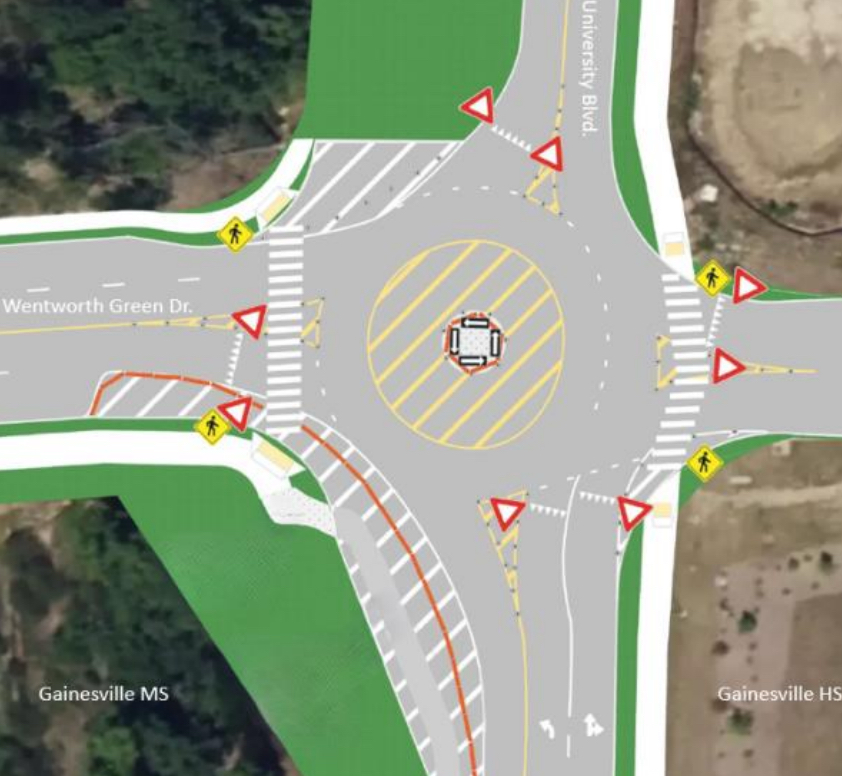By Aarav Patel
On Wednesday, October 4th, the Federal Emergency Managment Agency, or FEMA, and the Federal Communications Commission, or FCC, tested their Emergency Alarm System (EMS) and Wireless Emergency Systems (WEA).
FEMA may re-test emergency systems on October 11th if severe weather or other problems prevented the EMS and WEA systems from working, FEMA will replay the alarm test on October 11th in that area of the country.
The nationwide emergency alert test was not just a routine exercise; it is mandated by federal law. The last nationwide test before this one occurred on August 11, 2021. These tests serve as a critical evaluation of the alert systems.
This nationwide test reached Americans through various channels, including cellphones, televisions, and radios. Wireless Emergency Alerts (WEA) were sent to cellphones, while the Emergency Alert System (EAS) was activated on TV and radio. The test aimed to assess the ability of these systems to deliver critical information in a timely and efficient manner.
As expected, the test garnered considerable attention from the public. Many individuals received notifications on their mobile devices, while others watched or listened to the alerts on their televisions and radios. It was a stark reminder of the importance of staying informed during emergencies.
In the lead-up to the test, various conspiracy theories and misinformation began to circulate. Some individuals expressed concerns about government overreach and data privacy issues. FEMA and the FCC have been proactive in addressing these concerns, emphasizing that the purpose of the test is solely to evaluate the effectiveness of the alert systems and not to collect personal data. Additionally, they have taken steps to ensure that the test adheres to established guidelines and regulations.
In its aftermath, FEMA and the FCC will carefully analyze the results to identify any weaknesses and areas for improvement in the alert systems. These findings will inform enhancements to the EAS and WEA, ensuring that they remain reliable lifelines during times of crisis.
As the world becomes increasingly interconnected, public awareness and understanding of emergency alert systems are essential. Public education campaigns can help dispel misconceptions and ensure that individuals recognize the importance of these tests in safeguarding their communities.
FEMA and the FCC are committed to ensuring that when disaster strikes, every American is informed, prepared, and safe.

































